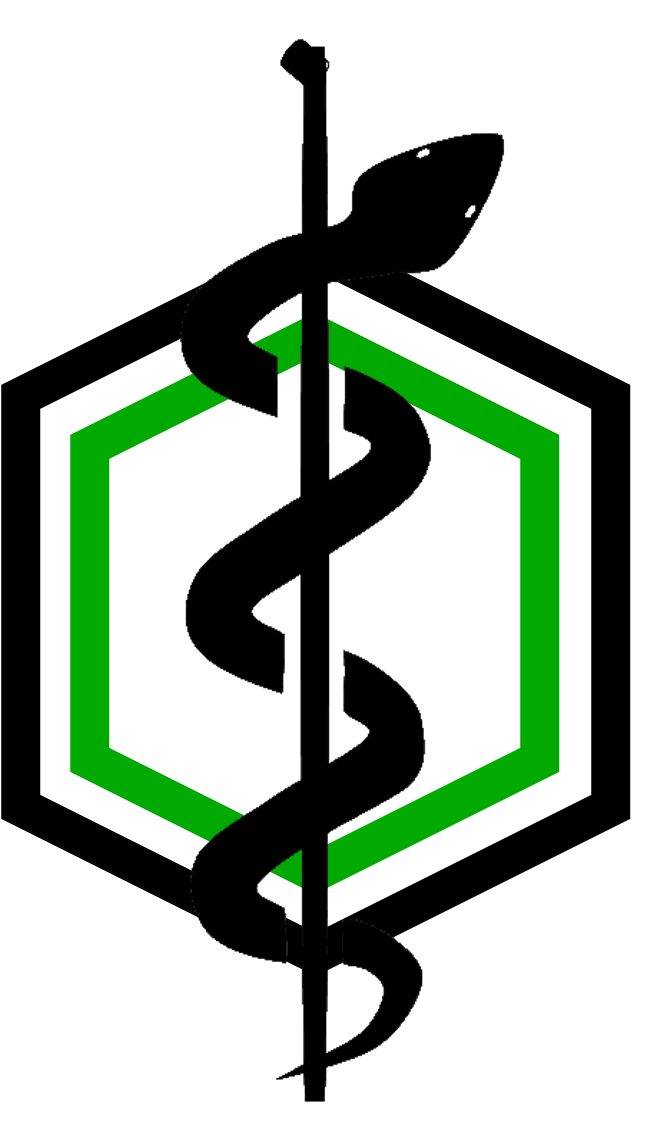Understanding Medical Toxicology
Medical toxicology is a medical subspecialty that focuses on diagnosing and managing health effects from exposure to toxins and poisons. This field is recognized by the American Board of Medical Specialties, the largest and most respected standard barer for medical specialty certification.
Unlike clinical toxicologists or forensic pathologists, medical toxicologists have training and experience in working with living patients, providing real-time assessment and treatment of a range of toxicological conditions. Medical toxicologists are physician scientists; they have a broad understanding of pharmacology, physiology, psychology, chemistry, and emerging technology.
Medical toxicologists treat patients across the entire spectrum--from children to adults-- and can provide care in any setting, from the office to the ICU. We also provide medical direction and physician-to-physician tele-consultation through regional Poison Control Centers.
Some medical toxicologists can also provide forensic analysis of complex medical cases in both the living and deceased, providing evidence-based answers for questions of impairment, causation and post-mortem findings.
In short, medical toxicologists are experts in the diagnosis and management of the human health effects of poisons and toxins.
What is a toxin or poison?
This may seem like a silly question at first, after all, we use these words like "toxic" in everyday conversation (probably now more-so than ever). When we think of poison, images of someone putting a powder into someone's drink immediately come to mind. But things are far more complex than this.
Technically speaking, a poison or toxin (essentially synonyms, but the former with an air of intent) is any thing that can cause an undesirable dysfunction of an otherwise functional system. Classically, we think of things like arsenic or lead or antifreeze. But, it turns out, anything can be a poison... at the right dose. Just because something can be toxic does not imply that an exposure will be toxic. The trick--and the challenge--is to know what that dose of concern is and what, if anything, needs to be done about it. That is the role of medical toxicologists!

How do we evaluate for toxicity?
Toxicity is a complex function of substance, dose and duration. In order to understand if a patient has had a significant toxic exposure or is suffering health effects from an exposure, a comprehensive history and exam is often reuired.
Like any medical exam, a medical toxicological evaluation involves a comprehensive history including a review of the nature and history of your symptoms, environment (including home and occupation), current medications (including traditional an herbal remidies--no judgement here!), social history and a tele-based exam for key physical findings. Any relevant shared medical records will be reviewed including testing results (if available). Sometimes, additional tests will be ordered or recommended.
After all the data is collected, a medical toxicologist will then be able to come to an understanding if your symptoms are related to a toxicological process and, if so, what needs to be done. At Northeast Medical Toxicology, we will explain all of our thoughts in plain english and take time to answer your questions and concerns.
Because collaboration with other healthcare professionals is central to our approach, Northeast Medical Toxicology provides clear documentation and actionable advice to your referring physician.
Addressing Complex Cases
Toxicity often involve multiple organ systems. Some exposures require specialized assessment or coordination with additional experts. Sometimes, complex cases that may look like a toxic issue are actually related to a different process, and identifying what is not related to an exposure can be equally beneficial to your health journey.
At Northeast Medical Toxicology, we are equipped to handle these complex cases, offering guidance on further testing or referral when needed.
Our goal is to clarify the risks and management options for each patient. We strive to make toxicology information accessible and actionable for both patients and providers.
Summary
Northeast Medical Toxicology delivers expert, accessible consultation for non-acute toxic exposures. Our structured approach ensures patients and providers receive clear, evidence-based recommendations.
For more information or to schedule a virtual consultation, please contact our office. We are committed to supporting safe, informed care for all toxicology concerns.
